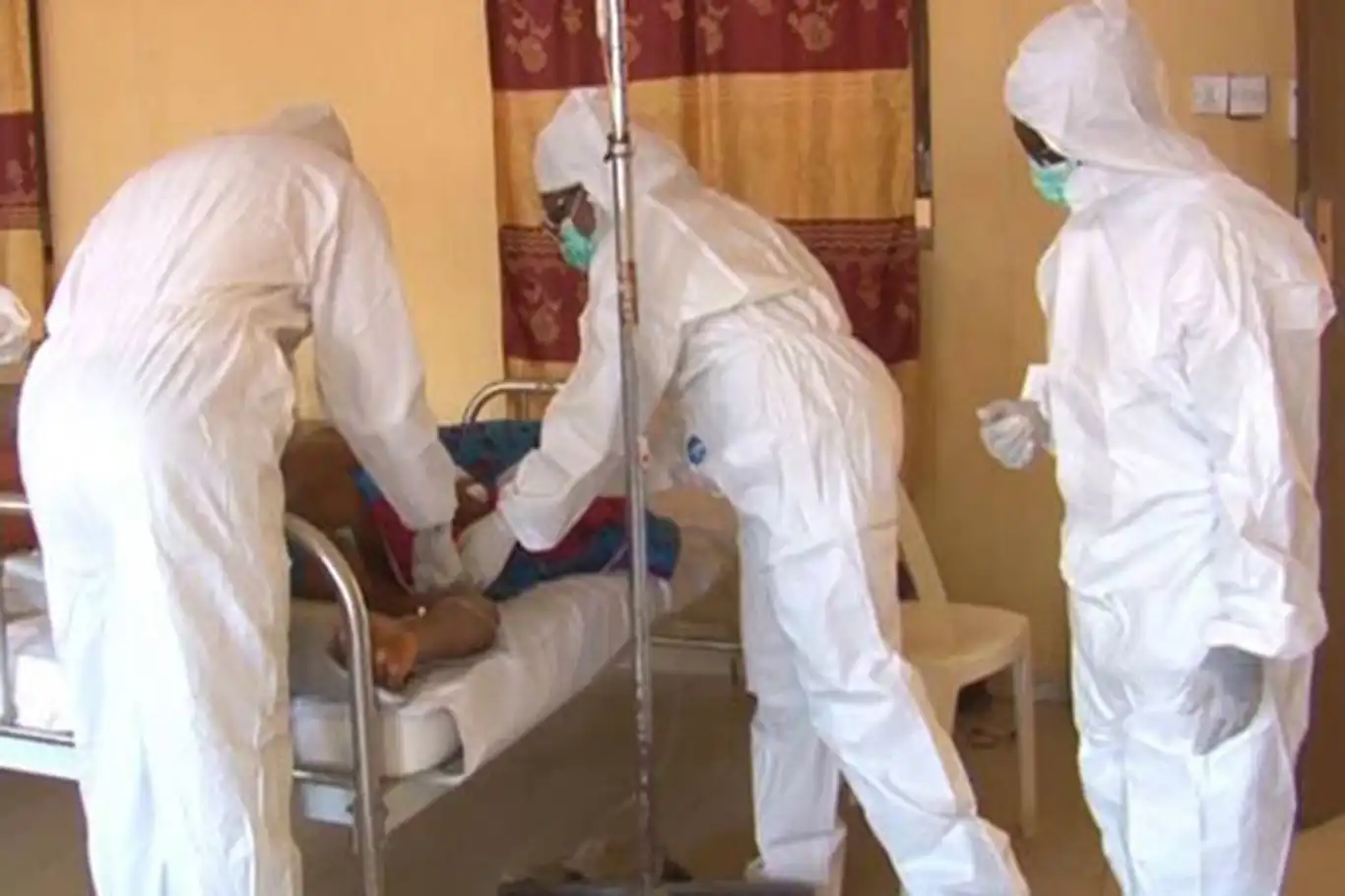Nigeria reports 162 Lassa fever deaths as outbreak spreads to 21 states


The Nigeria Centre for Disease Control and Prevention (NCDC) has raised fresh concerns about the ongoing Lassa fever outbreak, confirming that 162 people have died from the viral disease across 21 states.
In its latest situation report, the NCDC revealed a sharp spike in cases, with 10 new confirmed infections recorded in week 35 alone, compared to just three cases the previous week. The new cases were detected in Edo, Ondo, Bauchi, and Taraba states, which remain among the worst-affected regions.
Since the start of 2025, Nigeria has reported 7,375 suspected cases and 871 confirmed infections of Lassa fever. The country’s case fatality rate (CFR) has climbed to 11.7%, a significant rise from 8.9% during the same period in 2024 — signaling a deadlier outbreak despite overall lower case numbers.
The outbreak remains highly concentrated in five states, which collectively account for 91% of confirmed cases: Ondo (33%), Bauchi (23%), Edo (18%), Taraba (14%), and Ebonyi (3%). Most of the victims are young adults aged 21 to 30 years, with a nearly equal gender distribution (male-to-female ratio: 1:0.8).
Public health experts warn that the ongoing outbreak underscores the perennial challenge posed by Lassa fever in Nigeria, where the disease is endemic due to high rodent populations, inadequate sanitation infrastructure, and limited healthcare access in rural areas.
Lassa fever is an acute viral haemorrhagic illness caused by the Lassa virus, which is transmitted primarily through exposure to food or household items contaminated by the urine or feces of infected rats. Human-to-human transmission is also common, particularly in healthcare settings lacking strict infection prevention protocols, making frontline health workers especially vulnerable.
The illness typically causes fever, weakness, vomiting, and bleeding, and can progress to organ failure in severe cases. Without prompt treatment with ribavirin, the disease can be fatal.
To curb the outbreak, the NCDC has deployed 10 rapid response teams to hotspot states, scaled up community surveillance, and distributed essential medical supplies including ribavirin, PPE, and sanitizers to treatment centers.
Dr. Jide Idris, Director-General of the NCDC, emphasized the importance of early reporting and community engagement: “We cannot overstate the need for people to seek care as soon as symptoms begin. Early diagnosis and treatment significantly improve survival rates. We are also working with state governments to step up rodent control campaigns and improve sanitation in affected communities.”
The agency also unveiled plans to implement a five-year Lassa fever strategic plan (2025–2029) aimed at reducing transmission, improving diagnostics, and enhancing hospital readiness to prevent future large-scale outbreaks.
The spike in Nigeria’s Lassa fever cases is drawing international attention, with the World Health Organization (WHO) warning of the risk of cross-border spread to neighboring West African countries. Lassa fever has previously been reported in Benin, Ghana, Togo, and Sierra Leone.
Global health experts are urging international support for Nigeria’s response, particularly in strengthening laboratory capacity and ensuring adequate supplies of antiviral medications.
The NCDC urged Nigerians to store food securely, cover household waste, and eliminate rodent habitats to curb transmission. It also appealed to community leaders, local governments, and civil society organizations to help raise awareness about the importance of early treatment and hygiene practices.
“If we do not act now, we risk a larger outbreak in the coming dry season, when Lassa fever cases traditionally peak,” the NCDC warned in its statement. (ILKHA)
LEGAL WARNING: All rights of the published news, photos and videos are reserved by İlke Haber Ajansı Basın Yayın San. Trade A.Ş. Under no circumstances can all or part of the news, photos and videos be used without a written contract or subscription.
Prof. Dr. Engin Yıldırım, an Obstetrics and Gynecology specialist at Malatya Training and Research Hospital and faculty member at Malatya Turgut Özal University, has called for greater public awareness about the benefits of natural childbirth.
The Turkish Statistical Institute (TurkStat) announced on Monday that the national school life expectancy (SLE) in Türkiye was 17.2 years in 2024, reflecting the expected duration of education from primary school entrance until completion of the highest level of education.
Turkish Health Minister Kemal Memişoğlu has announced that Türkiye will begin producing its own drug for spinal muscular atrophy (SMA) in the first half of 2026, marking a major milestone in the country’s efforts to tackle rare diseases and reduce dependence on foreign pharmaceuticals.